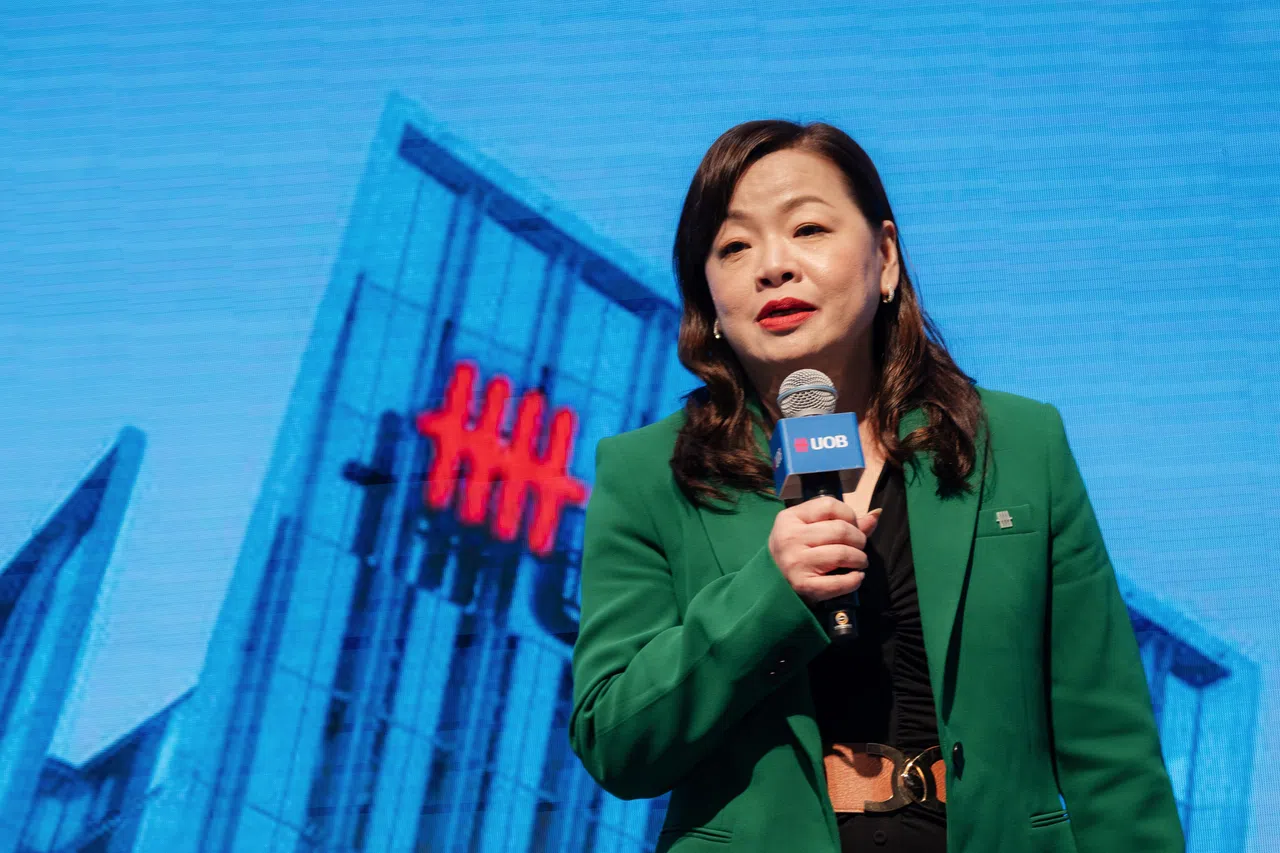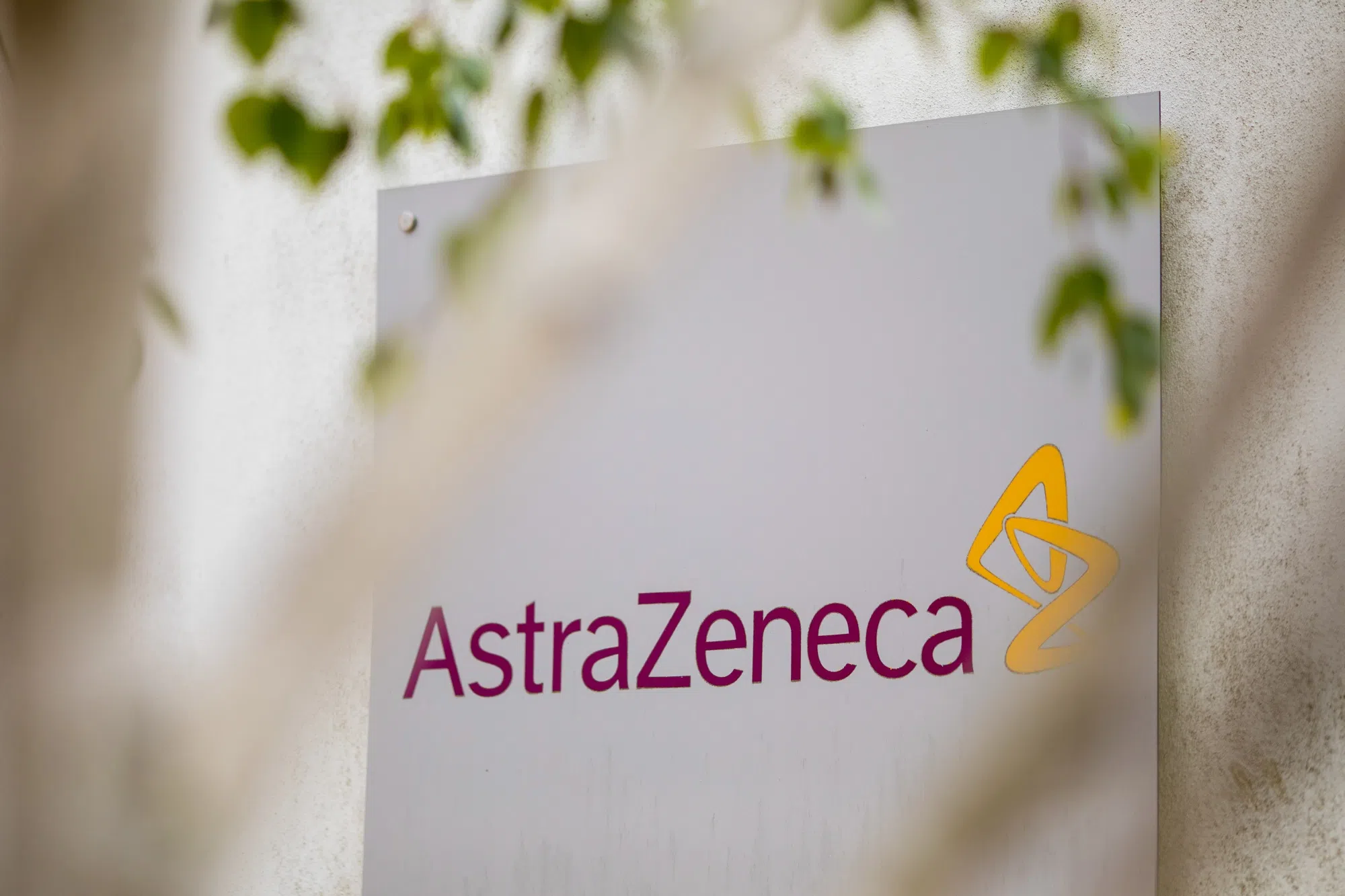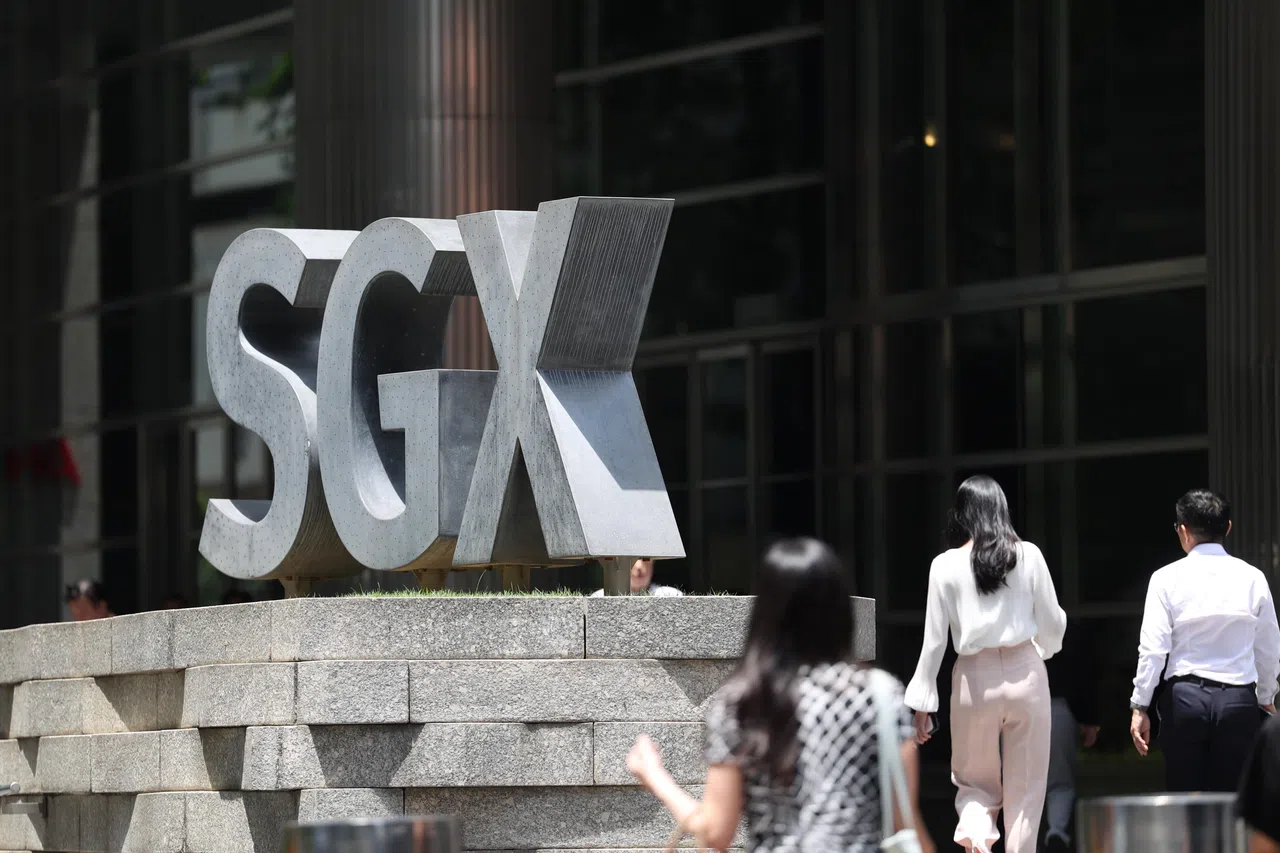[KUALA LUMPUR] Green data centres, energy transition, food security and industrials are the most promising growth areas in sustainable financing, said UOB’s head of sector solutions group and global financial institution group Lim Lay Wah on Wednesday (Aug 14).
Sustainable finance makes up 21 per cent of the Singapore bank’s overall group wholesale banking portfolio.
The real estate and hospitality sector continues to dominate its sustainable finance portfolio at 61 per cent. The construction and infrastructure as well as industrials markets account for 6 per cent each.
Consumer goods and healthcare make up 5 per cent while technology, media and telecommunications stand at 7 per cent.
“Generative artificial intelligence is really pushing the growth (of green data centres) in this region,” said Lim, who is also a managing director, at the bank’s corporate day event in Kuala Lumpur. The electric vehicle boom is also propelling the industrials sectors, she added.
Broadly, the lender has seen robust growth in the demand for its sustainable banking solutions over the past several years.
A NEWSLETTER FOR YOU
Friday, 8.30 am
Asean Business
Business insights centering on South-east Asia’s fast-growing economies.
For one, its cumulative total of sustainable loans issued as at the first half of FY24 stands at S$44 billion. This is up from S$39 billion as at FY23, S$23 billion as at FY22 and S$17 billion as at FY21.
These numbers translate into a compound annual growth rate (CAGR) of 46 per cent.
Likewise, sustainable trade facilities grew to S$7 billion as at the first half of FY24, up from year-end balances of S$5 billion in FY23, S$2 billion in FY22 and S$1 billion in FY21. This translates into a CAGR of 177 per cent.
Similarly, sustainable deposits held by the bank rose to S$4 billion as at the end of the first half of FY24, indicating growth when compared with year-end balances of S$4 billion in FY23 and S$3 billion in FY22. This translates into a CAGR of 24 per cent.
The bank’s sustainable deposits solution, which allows businesses to use cash holdings to fund projects that benefit the environment and the society, was launched in July 2022.
Supporting SMEs
In a presentation on how UOB focuses on innovating sustainability solutions, Lim noted that South-east Asia plays a critical role in global climate action and decarbonisation, with enterprises – including small- and medium-sized ones – being key to the region’s sustainability journey.
While seven out of 10 SMEs surveyed believe that sustainability is important, only four out of 10 have taken the necessary actions to implement sustainable practices, said Lim, quoting UOB’s 2024 business outlook study.
Some challenges they face include having insufficient knowledge to identify and execute the right initiatives, increased costs that could potentially impact profits and revenues, as well as a lack of proper infrastructure for renewable energy.
“SMEs are the backbone of the regional economies,” said Lim. “The earlier we get into the game with them, the earlier they will be able to actually tap on new markets (and) export markets beyond Asia.”
She added: “This is really beyond banking. We are bringing the whole solutions ecosystem, validation for them to be able to tap on new distribution channels.”
The way Lim sees it, sustainable financing – once perhaps a niche concept – is “definitely mainstream” now.
“If we can get more people to be confident, to see this as a mainstream, then the world will be greener and we will be able to move faster,” she said.







